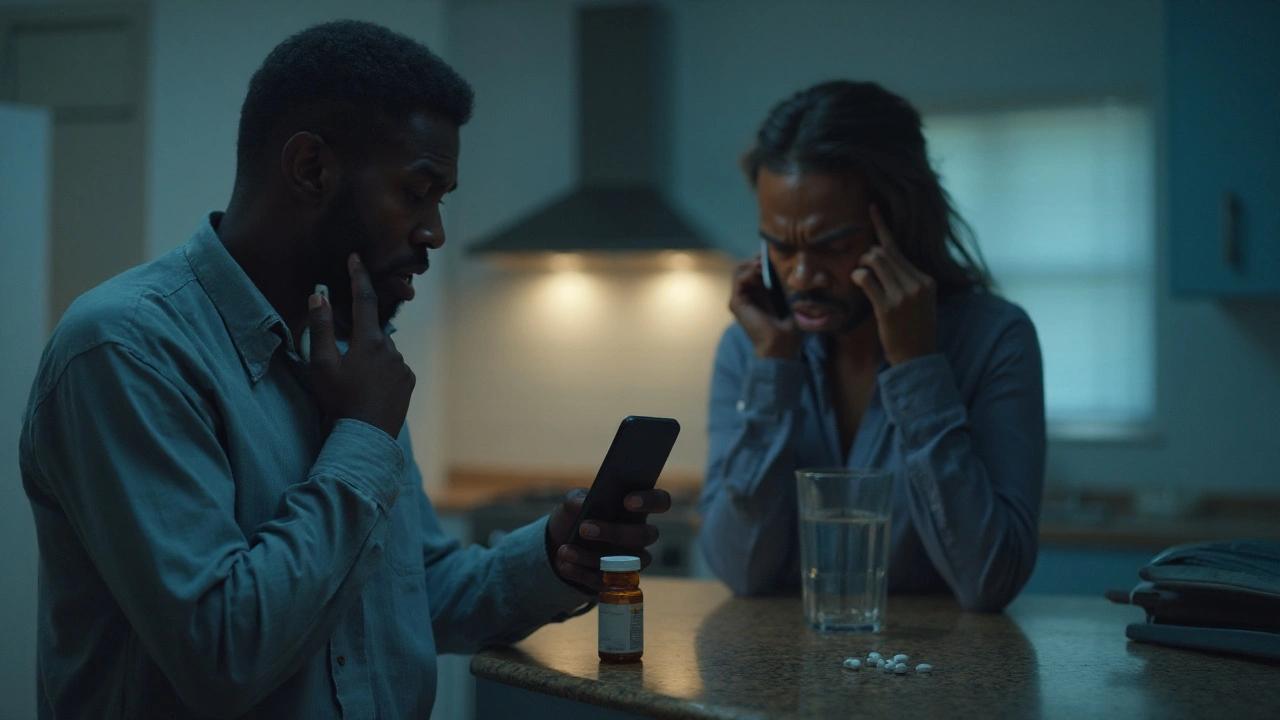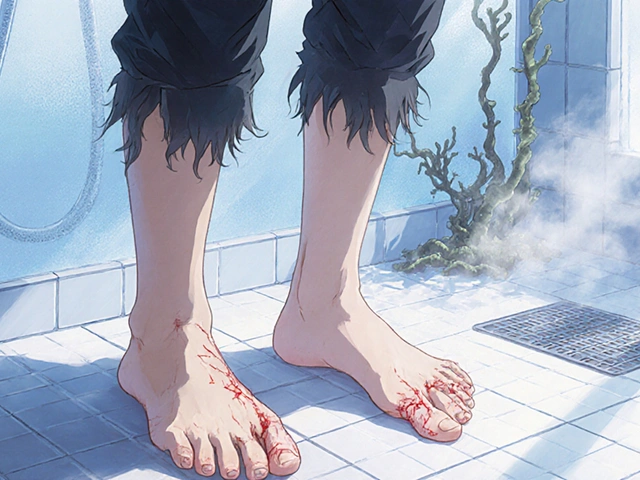HCTZ Sulfa Allergy: Simple Answers for a Common Concern
If you’ve been told you’re allergic to sulfa drugs, you might wonder whether HCTZ (hydrochlorothiazide) is off‑limits. The short answer: most people with a sulfa allergy can still take HCTZ, but there are important details to watch.
Hydrochlorothiazide belongs to the thiazide family of diuretics. Its chemical makeup does contain a sulfonamide group, which is why the allergy question comes up. However, the sulfonamide in HCTZ is a different structure than the sulfa used in antibiotics like sulfamethoxazole. Because of that, many doctors consider HCTZ safe for patients who react to sulfa antibiotics.
How to Spot a True HCTZ Reaction
A true allergic reaction to HCTZ looks a lot like any other drug allergy: rash, itching, swelling (especially of the face or throat), or hives that appear shortly after taking the pill. In rare cases, you might feel light‑headed or have trouble breathing. If any of these happen, stop the medication and call your doctor right away.
Sometimes what feels like an allergy is actually a side effect. HCTZ can cause photosensitivity (making your skin extra sensitive to sunlight) and low potassium, which can also cause muscle cramps or a rash‑like feeling. These aren’t allergic reactions, but they still need attention.
What to Do If You’re Unsure
First, talk to your prescriber. Bring a list of all sulfa‑related reactions you’ve had—whether from antibiotics, diuretics, or even cosmetics. Your doctor may do a quick skin test or simply start you on a low dose of HCTZ and watch for any signs of trouble.
If you’ve had a severe sulfa allergy (anaphylaxis), many clinicians will avoid HCTZ altogether and choose a different class of diuretic, like a potassium‑sparing agent (e.g., spironolactone) or a loop diuretic (e.g., furosemide). These alternatives don’t contain the sulfonamide group, so they’re safer for high‑risk patients.
Don’t try to guess on your own. If you notice a rash or any odd symptom after starting HCTZ, call your pharmacy or doctor within 24 hours. Early detection keeps the situation from getting serious.
Another tip: keep a medication diary. Write down the date you start HCTZ, the dose, and any new symptoms you notice. This simple record helps your healthcare team spot patterns quickly.
Lastly, remember that “sulfa allergy” is a blanket term. Not all sulfa‑related reactions are the same, and many people can tolerate HCTZ without any problem. Knowing the specifics of your own reaction is the key to making safe choices.
Bottom line: if you’ve been labeled sulfa‑allergic, you’re not automatically excluded from HCTZ, but you should get a clear medical opinion, watch for any signs of a reaction, and have a backup plan ready. Staying informed and communicating openly with your care team makes managing blood pressure and fluid balance much easier.

Allergic Reaction to Lisinopril‑HCTZ: What to Do Now and Stay Safe
Worried about a reaction to Lisinopril‑HCTZ? Learn urgent steps, what counts as an emergency, how to prevent it again, and what to ask your doctor next.




